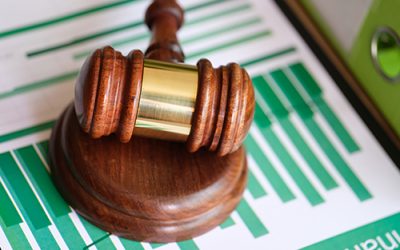
Court reporters need to deliver accurate and complete transcripts of court proceedings under tough deadlines. The key requirements of court reporting are well-trained trained professionals and reliable recording equipment. The Conference of State Court Administrators (COSCA) promoted the case for digital recording of court proceedings way back in 2009 noting that:
- It improves accuracy and completeness of the record by maintaining language translations
- It is cost-effective way to obtain the record
- It creates an opportunity to establish, whether by statute or court rule, that all records of judicial proceedings belong to the courts
- It allows courts to incorporate the recording system with other digital applications, including case management and calendaring system
A policy paper presented by the National Center for State Courts (NCSC) in 2013 established the policies, procedures, and technical standards for producing an accurate record and transcript of court proceedings. According to the NCSC, any program to implement or expand digital recording of court proceedings would need to include the following components:
- Ownership of the official record: Courts should establish rules that ensure that they own the digital records of the court proceedings. Courts should also specify who is responsible for storing, archiving and retrieving these records.
- Access to the digital recordings: The court must specify which recordings can be accessed by the general public, which are available only to the parties or attorneys of a case, and which are available only by court order.
- Digital-recording courtroom monitor: Courts must specify how digital recordings will be monitored.
Digital recordings of court proceedings have enabled the state or local court system to establish a transcript management system. Such a system ensures that the life cycle of transcripts – from initiation of the transcript request through the electronic or paper distribution and filing of the transcript – is efficiently and effectively managed.
Professional legal transcription companies have proper procedures in place to manage the transcript production process and ensure the confidentiality of the digital recordings they are entrusted with. To ensure accuracy, all files are put through a stringent three-level quality check by editors, proofreaders and legal professional experts. With a well-trained and experienced workforce, a reliable legal transcription company can transcribe large volumes of digital recordings in fast turnaround time, thereby helping court reporters keep their grueling deadlines.



